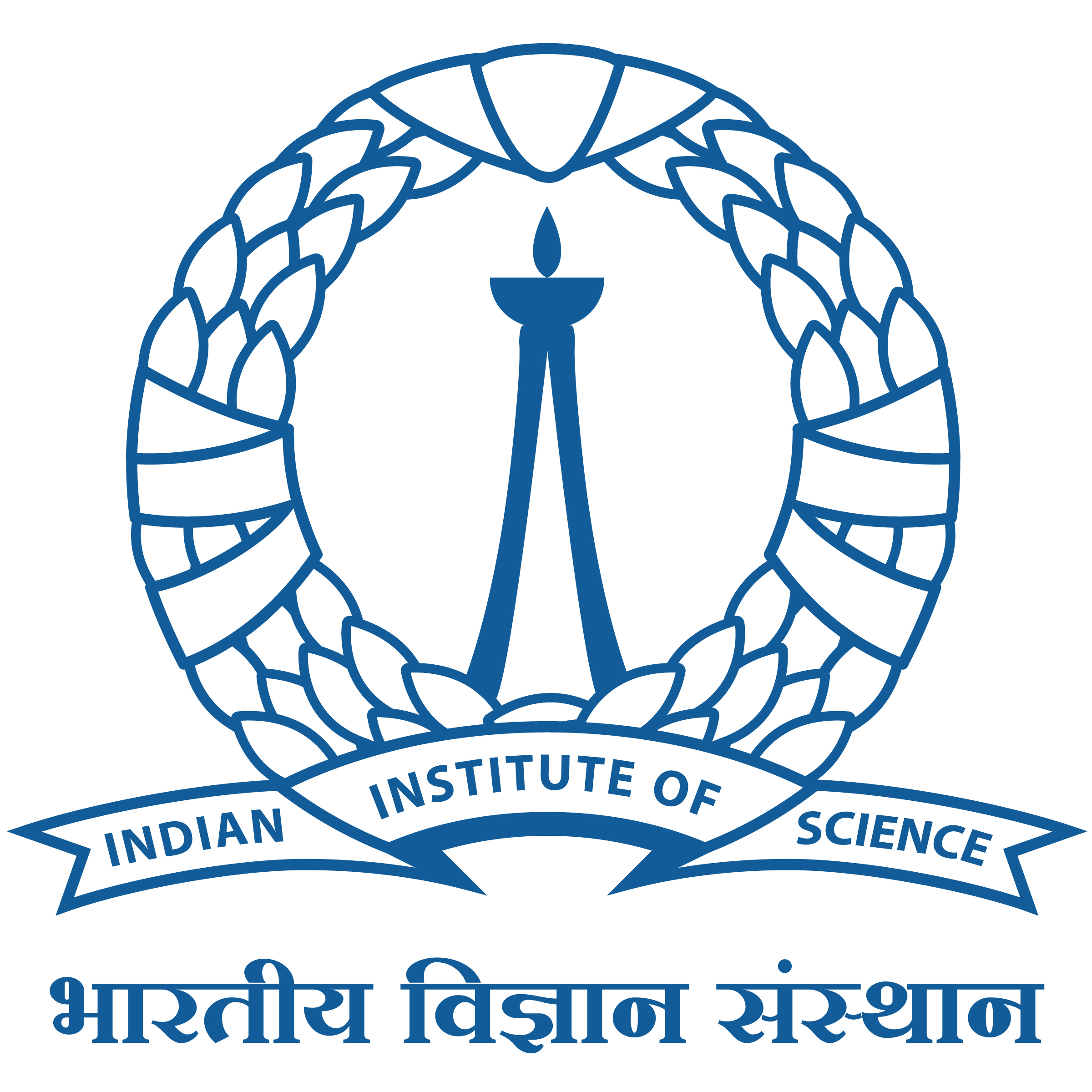
- This event has passed.
BE Seminar: Quantifying Cell-State Densities in Single-Cell Phenotypic Landscapes by Dr. Manu Setty
August 12, 2024 @ 4:00 pm - 5:00 pm
Speaker: Dr. Manu Setty
Assistant Professor
Fred Hutch Cancer Centre, Seattle, USA.
Title: Quantifying Cell-State Densities in Single-Cell Phenotypic Landscapes
Abstract: Single-cell studies have clearly established the continuous nature of cell-state transitions in trajectories of differentiation and disease. Moreover, fundamental processes such as proliferation and apoptosis generate a non-uniform distribution of states within these continuous landscapes. Thus, modeling of trajectories using single-cell data necessitates not only a continuous representation but one that accounts for variability in cell-state density. In addition to being reflective of the underlying biology, continuous representations also enable the utilization of well-developed frameworks in multivariate statistics and dynamical systems to model and interpret large-scale single-cell data. In this seminar, I will describe our recent algorithm, Mellon, that provides a fully continuous representation of high-dimensional single-cell landscapes. Mellon infers a continuous density function that can be employed to infer cell-state density at both observed cell-states represented by individual cells and potential unobserved cell-states. I will present how Mellon can help dissect the density landscape of differentiating systems, revealing a consistent pattern of high-density regions corresponding to major cell types intertwined with low-density, rare transitory states. Our work provides evidence implicating enhancer priming and the activation of master regulators in the emergence of these transitory states. Finally, I will describe our ongoing work in leveraging continuous representations for interpreting multi-condition, multi-modal single-cell data.
About The Speaker: Manu Setty is an Assistant Professor at Fred Hutch Cancer Center in the Basic Sciences Division. Manu received his PhD from the Weill Cornell Graduate School in the lab of Christina Leslie where he developed machine learning algorithms for regulatory network inference and received the Frank Lappin Horsfall Fellowship award for his thesis. He then undertook a post-doctoral fellowship in the lab of Dana Pe’er where he developed trajectory detection algorithms using single-cell data and demonstrated the continuous nature of cell-fate choices during differentiation. He was recognized with the Tri-I Breakout Prize for his work at MSK. He now heads a lab that develops computational methods using single-cell and spatial data to model and interpret biological trajectories.

